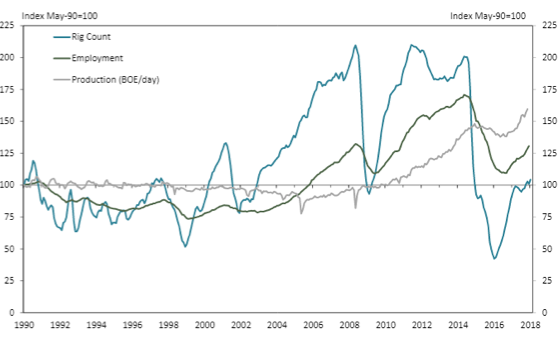Impromptu Part I - Getting the Basics Right
Founders of Impromptu share advice on creating a tech start up
Hello Felix readers! We are Sahir and Tom, and over the course of the next few weeks we will be writing regular articles about the trials and tribulations of creating a tech start-up.
You may ask why we are doing this. We currently have our own app, Impromptu, in development and we are really excited to be launching it to Imperial students in two months time. As Imperial alumni we seek to inspire you budding entrepreneurs to get your ideas off the ground, and we hope these articles may address some of your concerns.
We firmly believe that you too can develop an app if you put your mind to it, and in a cost effective manner. We’ll cover subjects including initial brainstorming ideas, prototyping and subsequent development.
Following this first series of articles, we will then detail our own experiences and cover every element of our journey to date (as well as our future aims). This first article looks into setting the right framework. So, without further ado....
Idea
Your idea is crucial. It is important to think about its context: many people will probably have had your idea before you! The first step is what sets most people apart i.e. taking the initiative to realise said idea. Walking away from regular income and giving up your free time is a bridge too far for the majority.
The most important thing, however, is execution. There is always an element of luck involved, but how well you put together your app (and the business framework that supports it) is ultimately what will separate your idea from others. Your idea should have a USP (Unique Selling Point), or better yet, multiple USPs. This does not mean that your idea has to be completely novel; it might for example involve a different business model to competitors or be more cost effective.
Also think about your idea’s lifespan. Is it something you can envisage being around 5 years in the future? 10 years? Think about how many apps actually survive this long. Think about how your app will have to evolve to remain popular. Is your target audience fickle? Do they chop and change the apps they use based on fads? The answer to this question will also help you frame your ambitions and decide whether you want to persevere in building a user base for long term success or go for short term reward.
Team
Dealing with people who compliment each other’s personalities is important. There is enough tension running a business without having to deal with massive clashes of character. Having defined roles is beneficial and provides a strong base for future growth. The practical reality however is that in a start up with only a few people, everyone will be doing a bit of everything unless they have relevant expertise. Differences of opinion are inevitable; however it is imperative to take stock of what your user base would want as opposed to your own desires.
In practical terms, the ideal team would probably comprise a few people of varying areas of expertise. Having a computer and a business/management specialist would prove invaluable. There have been plenty of success stories to the contrary however and a grounding in an analytical discipline is hugely advantageous.
Structure
Apps being built in the UK can adopt an ltd (limited company) or llp (limited liability partnership) format. There are lengthy articles online which detail the differences between these and the format you choose will be dictated by the type of app you are building and your own personal criteria. If you endeavour to scale to a large organisation that will infuse additional managers and stakeholders, it would be better to form a limited company from the offset. Alternatively, if you foresee a smaller scale business catering to a select or niche area, llp would be a better way to go. Getting your company registered is simple and there are plenty of online solutions. You can also employ an accountant to this end. It is unlikely that you will have your own offices to begin with, so have your accountant act as your registered postal address. It is important to have a formal address for third parties to verify you are a legitimate business. It is not possible to register for key components of your app build without this (SSL certificates for example). __ We will be back next week to touch on the first steps required to get your idea off the ground.....









